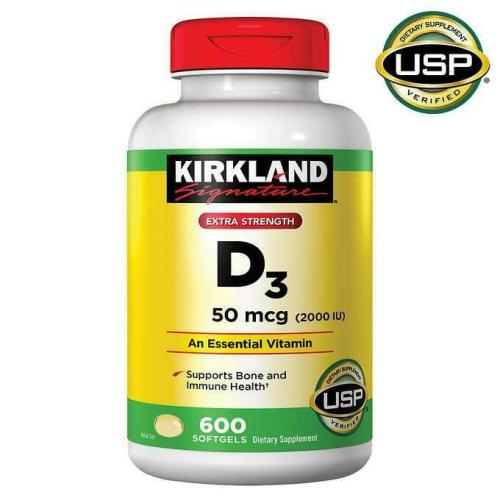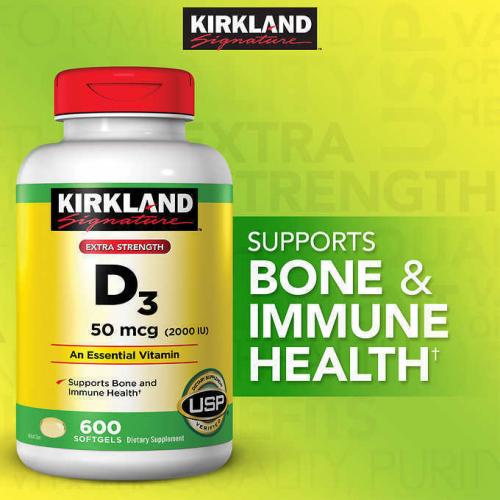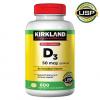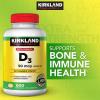Kirkland Signature Extra Strength VITAMIN D3 2000 IU, 600 Softgels
ID: 16440 Open
- Available
- 10
270 views
196 watching
 Deliver to: Columbus Ships in 24/48 hrs
Deliver to: Columbus Ships in 24/48 hrs
 Deliver to: Columbus Ships in 24/48 hrs
Deliver to: Columbus Ships in 24/48 hrs Seller Info
- Seller
- perfumeria (4 )
- Registered Since
- 12/01/2018 17:37:23
- Feedback
- 75%
- View Seller's Other Items
- Visit Store
- Perfumeria
Sales History
The listing has not been sold.
Shipping
- Item Location
- 78759, Texas, United States
- Ships To
- United States
Postage Calculator
- Select Country
- Zip/Post Code
- Quantity
- Shipping Instructions
- -
- Payment Methods
- PayPal
- Returns Accepted
- No






 Have one to sell?
Have one to sell? 








